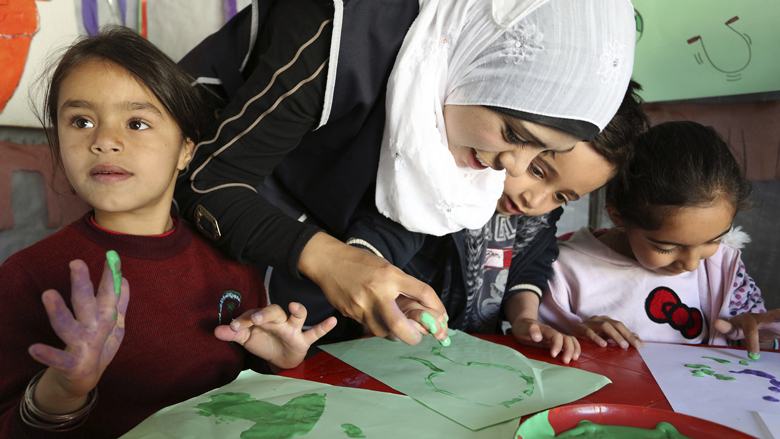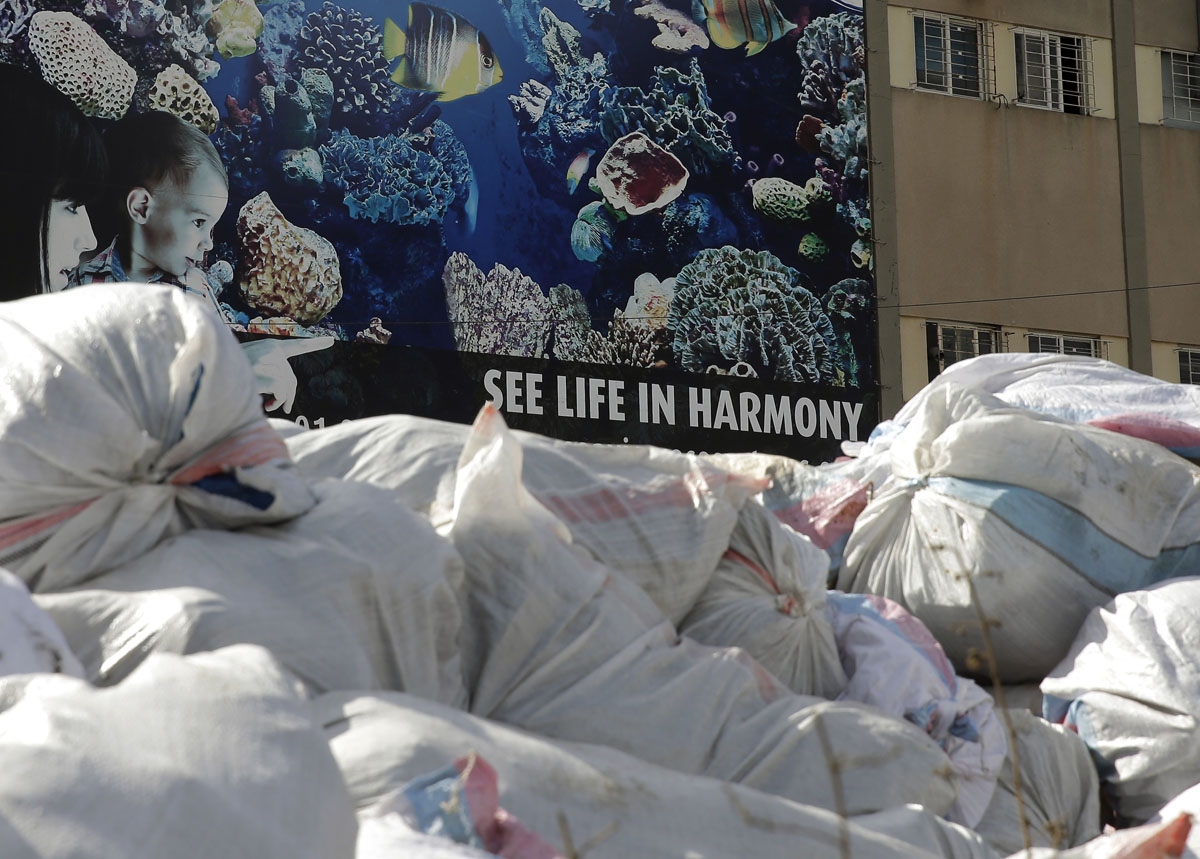
By Ryan Suto – Business Insider
Like other longstanding American relationships in the Middle
East, the ties between Washington and Riyadh have nothing to do
with human rights or democracy. The alliance rests mostly on two
key factors: natural resources and regional stability.
First, in addition to being the Custodian of the Two Holy
Mosques, the House of Saud is the custodian of a singular holy
resource: oil. Saudi Arabia’s role as the largest
exporter of the crucial fossil fuel, as well as its cultural
and political influence over other six other Arab OPEC members, makes
friendship with the kingdom a valuable, and seemingly
indispensable, asset for a fuel-thirsty superpower.
Second, in the Cold-War era, maintaining a balance of power
between Western allies such as Saudi Arabia and Turkey, and
Soviet allies such as Iran and Syria, was central to US policy in
the region. Making overt advances in non-aligned countries like
Egypt or through intermediary forces, such as supporting Saddam
Hussein against Iran, was our preferred method of balancing
Soviet influence in the region.
In this context, retaining Saudi Arabia as a proxy for Western
influence in the Arab world was an easy policy decision. Without
American patronage, the Saudis might have turned to Russia.
Further, although Saudi Arabia has no formal relations with
Israel, unlike Egypt after the Camp David Accords, the Saudis
have never used state force against Israel, making the kingdom
more palatable to Washington.



